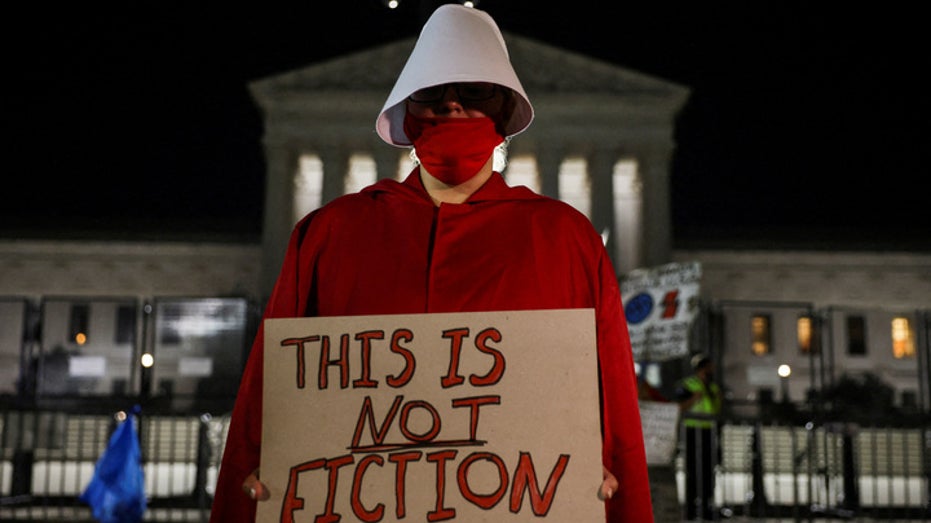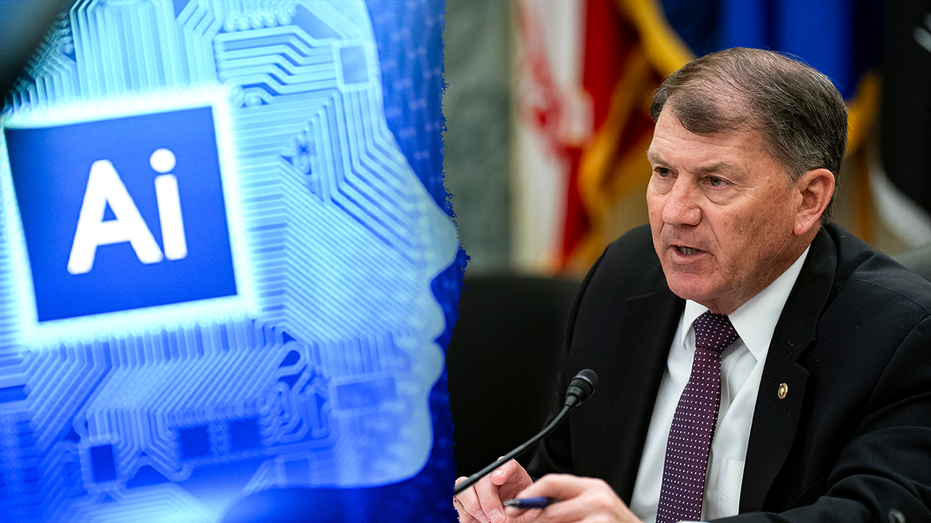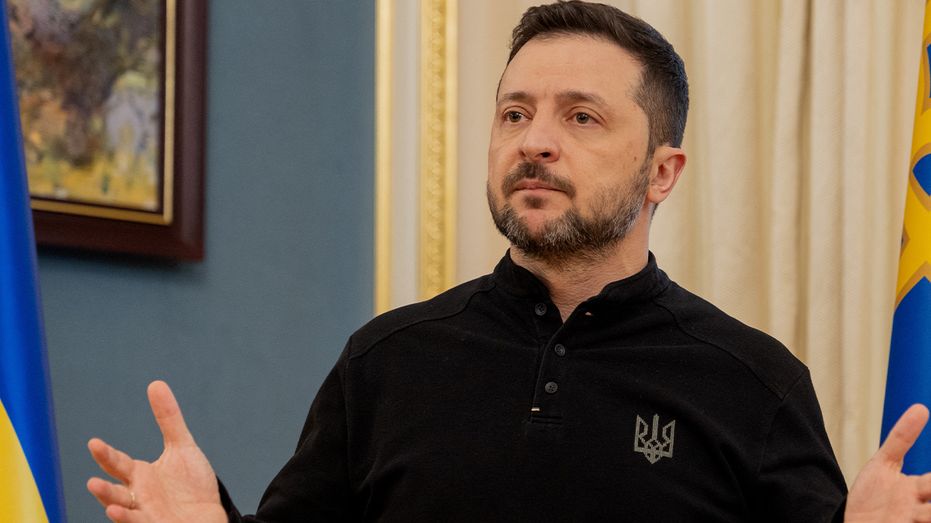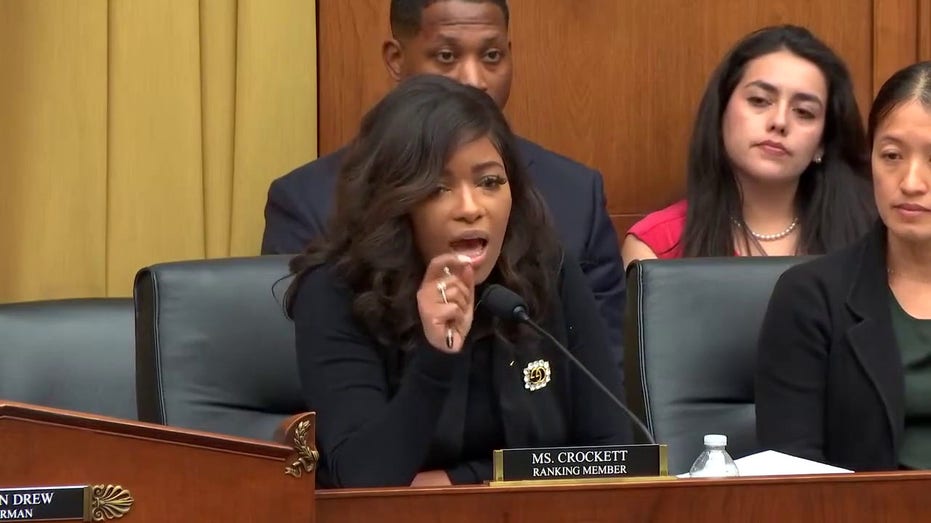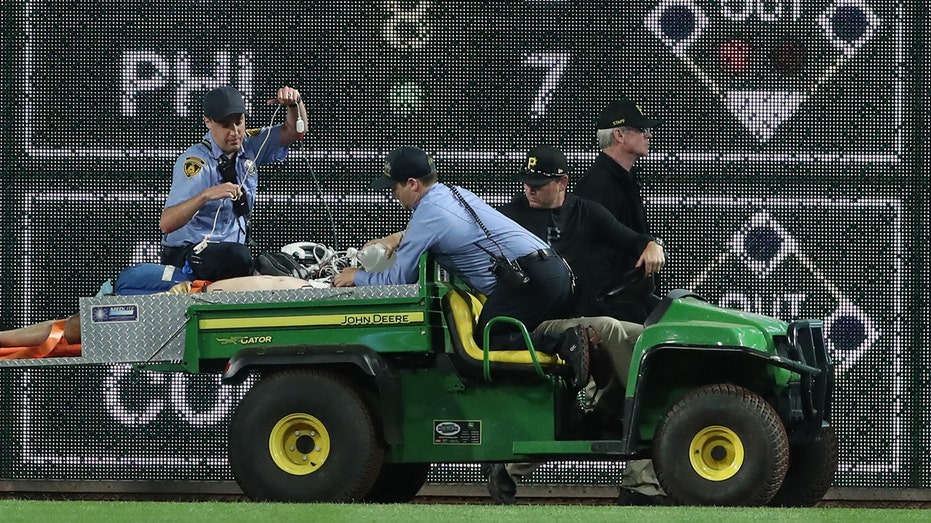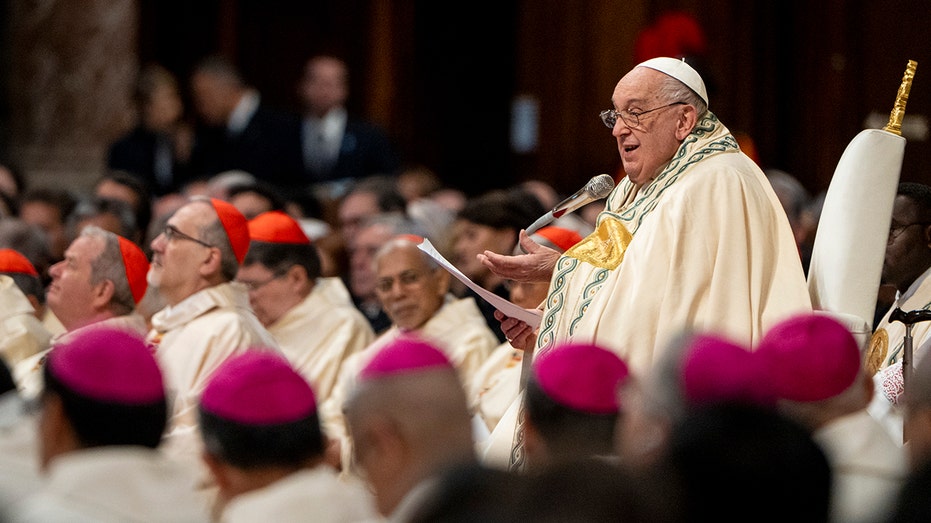Sperm donor's genetic mutation linked to cancer in 10 conceived children
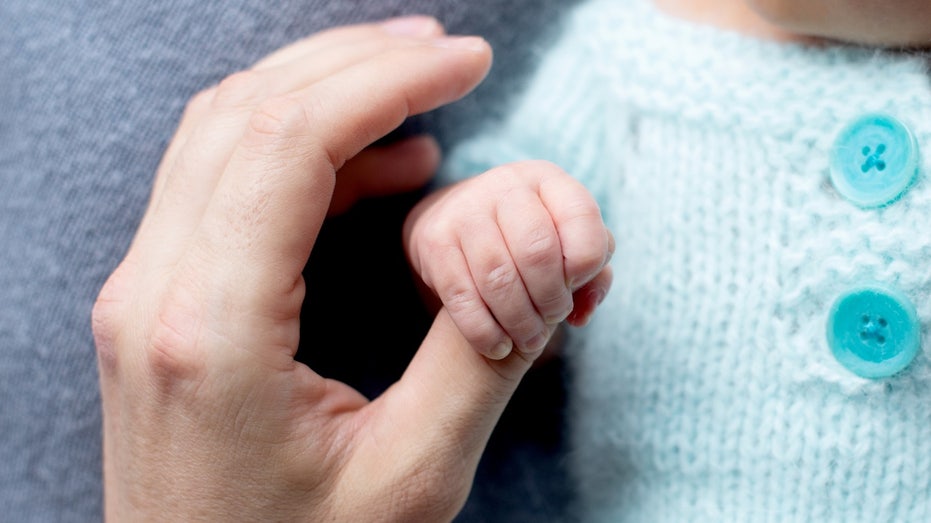
Sperm from a single donor in Europe has reportedly been used to conceive at least 67 pregnancies, although the donor carried a rare cancer-causing mutation.
The donor’s mutation has been linked to cancer diagnoses in 10 of these children, according to a report by The Guardian.
The case was brought to light after two families separately contacted their fertility clinics after their children's cancer diagnoses were linked to a rare genetic variant called TP53.
PROSTATE CANCER RISK INCREASES BY 45% AMONG MEN WHO SHARE ONE TROUBLING BEHAVIOR
A mutation in the TP53 gene causes Li-Fraumeni syndrome, which increases the risk of developing cancer. Cleveland Clinic states that this disorder comes with a 90% chance of developing some type of cancer by age 60, and a 50% chance by the age of 40.
The European Sperm Bank, the sperm supplier, confirmed that this variant was present in some of the donor’s sperm.
The Guardian reported that the rare variant was "not known to be linked to cancer at the time of donation in 2008."
The genetic variant reportedly would not have been detectable through standard screening, and the donor is said to currently be in good health.
Dr Edwige Kasper, a biologist at Rouen University Hospital in France, presented this case at the European Society of Human Genetics’ annual conference in Milan last week, commenting on the need for a European limit on the number of births or families for a single donor.
"We can’t do whole-genome sequencing for all sperm donors – I’m not arguing for that," she told The Guardian. "But this is the abnormal dissemination of genetic disease. Not every man has 75 children across Europe."
4 TROUBLING CANCER TRENDS YOU MUST KNOW ABOUT IN 2025
Kasper analyzed the mutation in her lab, concluding that it was most likely cancer-causing and that children born from this donor should "receive genetic counseling."
The research-turned-investigation tracked down 67 children from 46 families in eight European countries. The children were tested, with the variant detected in 23 of them.
The 10 who had been diagnosed with cancer reportedly included cases of leukemia and non-Hodgkin lymphoma.
In a statement sent to Fox News Digital, the European Sperm Bank stated that donor-assisted reproduction "generally remains a significantly safer alternative" than reproduction without genetic screening.
The bank added that sperm donors undergo a "comprehensive health screening," which includes an in-depth medical examination, a review of the donor’s family medical history and "extensive" testing for genetic and infectious diseases.
"However, it’s not possible to rule out all risks — and, in this particular case, the identified mutation is one that could not have been detected by the screening methods we use in accordance with regulations and would require specialized genetic testing," the group noted.
Julie Paulli Budtz, VP. of corporate communications at the European Sperm Bank, expressed to Fox News Digital that they are "deeply affected by this case."
CLICK HERE TO SIGN UP FOR OUR HEALTH NEWSLETTER
"The donor has been thoroughly tested even beyond the required standards, but preventative genetic screening is reaching its limits here," she said.
"Every human being has about 20,000 genes, and it is scientifically simply not possible to detect disease-causing mutations in a person’s gene pool if you don’t know what you are looking for."
Budtz noted that the European Sperm Bank welcomes "continued dialogue" regarding setting an "internationally binding family limit," which they have advocated for "on several occasions, also at EU level."
"This is also why, in addition to complying with national pregnancy limits, we have proactively implemented our own international limit of 75 families per donor," she added.
In the U.S., there is no official legal limit on how many sperm donations one man can make.
However, the American Society for Reproductive Medicine (ASRM) recommends that donors are limited to 25 live births within each population area of 800,000 people.
"Institutions, clinics and sperm banks should maintain sufficient records to allow a limit to be set for the number of pregnancies for which a given donor is responsible," the ASRM states on its website.
California Cryobank, which has claimed to have the largest selection of sperm and egg donations in the country, states on its website that it closely monitors donors to limit the total number of family units to 20 to 30 worldwide.
"Limiting donor vials is an important part of the process," the bank noted.
The U.S. Federal Drug Administration (FDA) requires that all sperm donors undergo a physical exam, complete a questionnaire, provide their medical history, and undergo screenings for infectious diseases at an FDA-approved lab.
In addition, the ASRM suggests that donors undergo psychological and genetic screening, and also recommends infectious-disease testing of the recipient and the recipient's sexually intimate partners, per its website.
For more Health articles, visit www.foxnews.com/health
"Legal consultation and laws may vary by state," the organization notes.
At California Cryobank, donors must be tested for infectious diseases, undergo genetic screening, get a psychological assessment and criminal background check, and receive screening for the Zika virus, according to the bank's website.
What's Your Reaction?
 Like
0
Like
0
 Dislike
0
Dislike
0
 Love
0
Love
0
 Funny
0
Funny
0
 Angry
0
Angry
0
 Sad
0
Sad
0
 Wow
0
Wow
0
